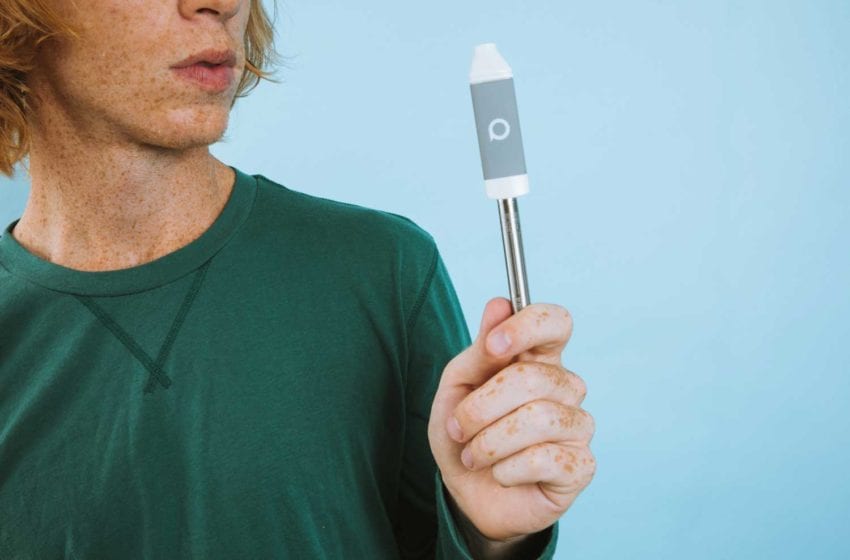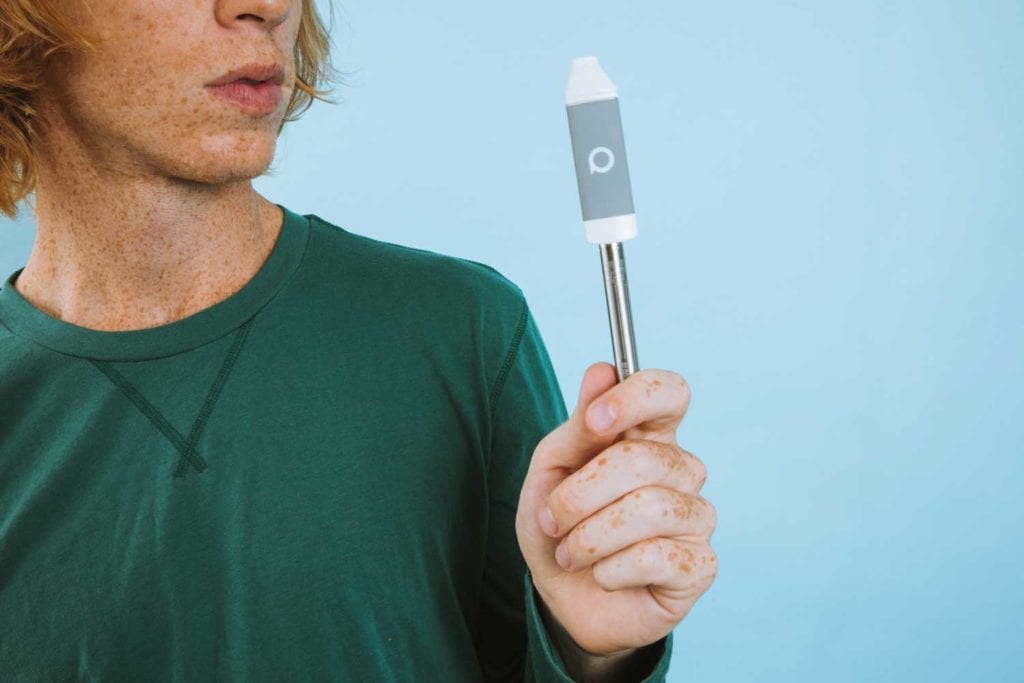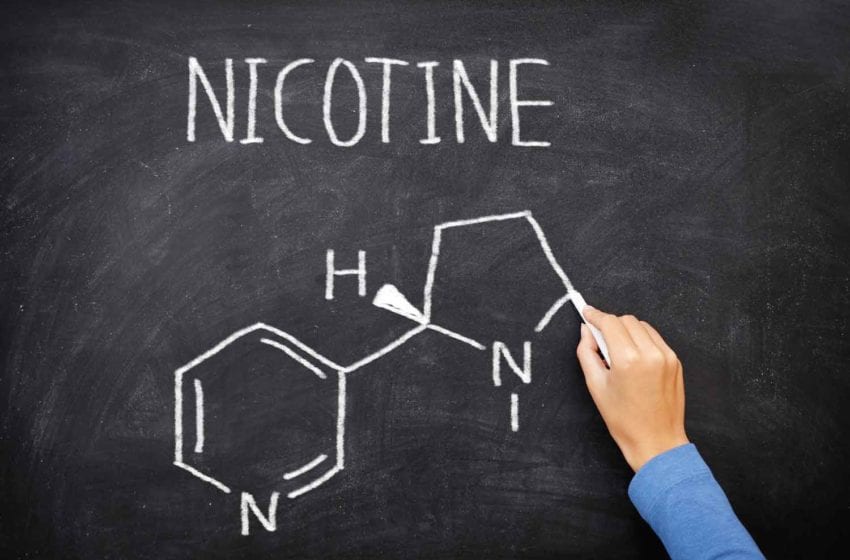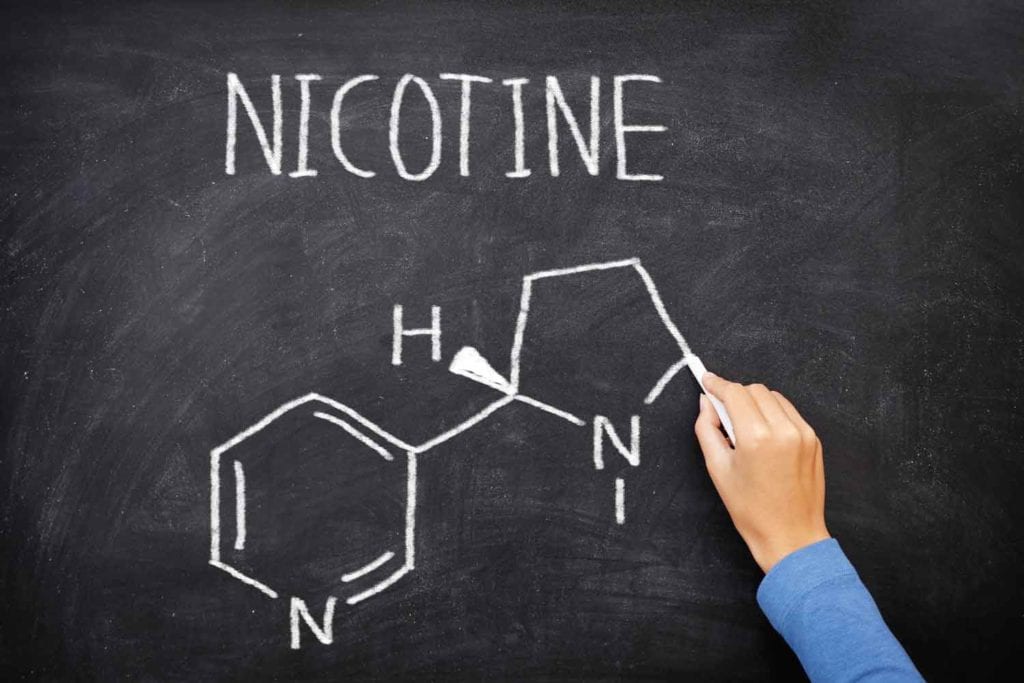Philip Morris International (PMI) has appointed Jennifer Motles as chief sustainability officer effective Nov. 1, 2020. Motles will succeed the current chief sustainability officer, Huub Savelkouls, who will retire after almost three decades.
Motles will report to the company’s chief financial officer, Emmanuel Babeau, as it is increasingly recognized—by both companies and investors—that fully integrating environmental, social and governance (ESG) drivers into business strategy can significantly enhance both the sustainability agendas and financial performance.
“Integrating sustainability and financial strategies is further recognition of our commitment to unsmoking our planet and transforming our company,” said PMI’s CEO Andre Calantzopoulos in a statement. “It is a logical next step for us, following our statement of purpose adopted by our board and the introduction of integrated reporting earlier this year.”
Motles joined PMI in 2015 when she helped craft PMI’s sustainability strategy, ensuring it was intrinsically linked to the adoption of the company’s vision of delivering a smoke-free future. Since then, she has helped advance PMI’s transformation, honing the company’s sustainability and ESG performance with a strong focus on shareholder and stakeholder engagement.
“This move outlines that ESG is core to PMI’s performance and success and further demonstrates PMI’s leadership in sustainability and corporate purpose,” said Babeau. “Jennifer, with her broad range of international experience and her proven track record in the domain, is the ideal candidate to lead our company’s ambitious sustainability agenda.”
“It is our firm belief that sustainability and business performance do not follow separate paths and narratives. They are fully interrelated and mutually reinforcing and should be organized and presented to all stakeholders in an integrated way,” continued Babeau.
Motles began her career working for the Chilean Office of Drugs and Crime Prevention and Prosecution. She gained international experience working for organizations such as UNCITRAL, UNODC’s Terrorism Prevention Branch and the UNCTAD/WTO’s International Trade Center. Prior to joining PMI, Motles worked for the government of Israel, representing the country as its human rights and humanitarian affairs officer at the United Nations and other international organizations.
She holds a doctor of law degree from Universidad de Chile—Escuela de Derecho and an LLM degree from the University of California, Berkeley School of Law as well as specialized diplomas in women’s human rights, behavioral economics, sustainability, sustainable finance and political affairs from IHEID, Harvard Business School, the Harvard School of Public Health and Stanford University.



















